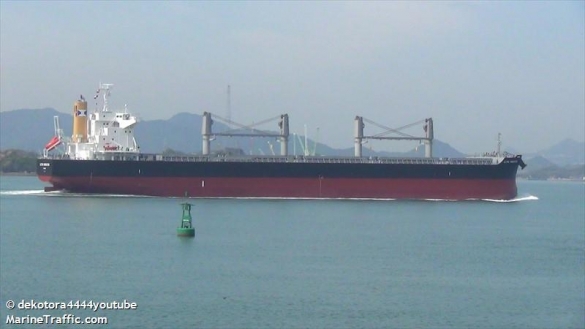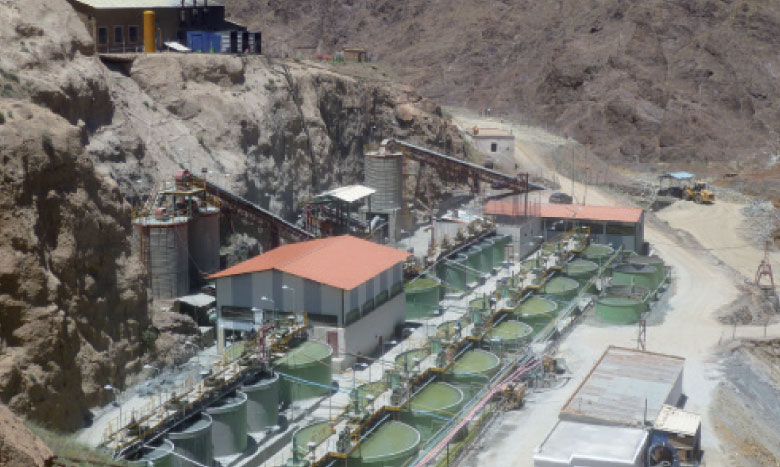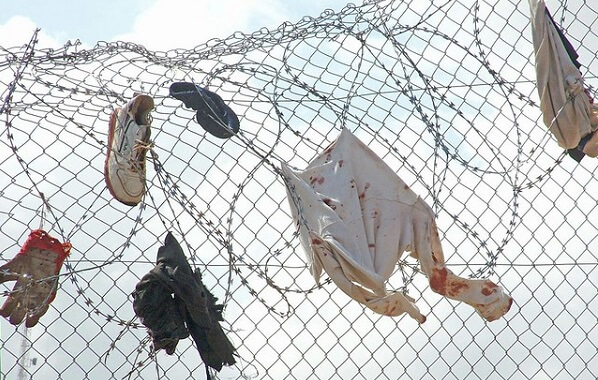 The Algerian-sponsored Polisario separatists suffered a severe setback when Panamanian authorities refused to hold a vessel carrying Phosphates from the Moroccan southern provinces heading to Vancouver in Canada.
The Algerian-sponsored Polisario separatists suffered a severe setback when Panamanian authorities refused to hold a vessel carrying Phosphates from the Moroccan southern provinces heading to Vancouver in Canada.
The Panamanian authorities let the ship continue sailing to its Canadian destination carrying 55,000 tons of phosphate after it had been previously held for few days upon a complaint filed by the Polisario challenging the legality of the transaction.
The decision by Panama authorities to let the tanker continue sailing to its destination is a heavy blow to the Polisairo and their Algerian mentors in their desperate attempts to wage economic war on Moroccan phosphates.
The Polisario had nurtured a false hope of reproducing the hostile procedures undertaken by South African authorities where a New Zealand-bound ship carrying 50,000 of Moroccan phosphate rock has been detained in Port Elizabeth since the beginning of May pending a court verdict due on June 9.
In a recent statement, the OCP said that its representatives made it clear during a court hearing on the case in South Africa that detaining the ship and the cargo in response to a complaint filed by a separatist entity is an attempt to derail the UN political process to settle the Sahara dispute.
The Polisario, a separatist entity based in the authoritarian Algerian state, is not elegible to plea or claim to represent the population in the Sahara who have their own legitimate elected bodies. This has been stressed by a European Court of Justice ruling that stressed that the Polisario is not elegible to challenge the Moroccan-EU agricultural agreement.
International law experts, including the ECJ’s Chief Advocate General Melchior Wathelet explained that the Polisario front is not a legitimate organization and that it unqualified to plea at international courts.
He added that the Polisario is not recognized by the International community as a representative of the commercial interests of the population of the Sahara, although it is considered as a party in the political process to find a solution to the conflict over the Saharan provinces.
Phosphate production and related industries are an area of excellence for Morocco. The substance has been key in Morocco’s African foreign policy. The state-owned phosphate company has been investing in African states and signed two landmark agreements with Nigeria and Ethiopia, Africa’s most populous countries, to build fertilizer production plants.
Phosphate revenues have also contributed to the development of the southern provinces where Morocco spends seven times more than its revenues from the region.


